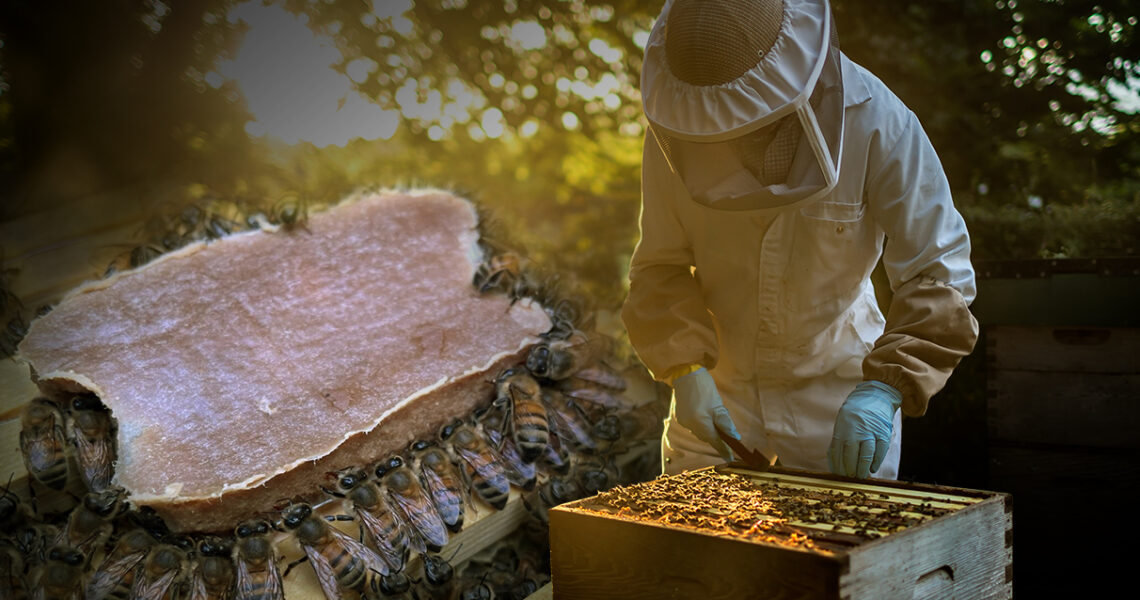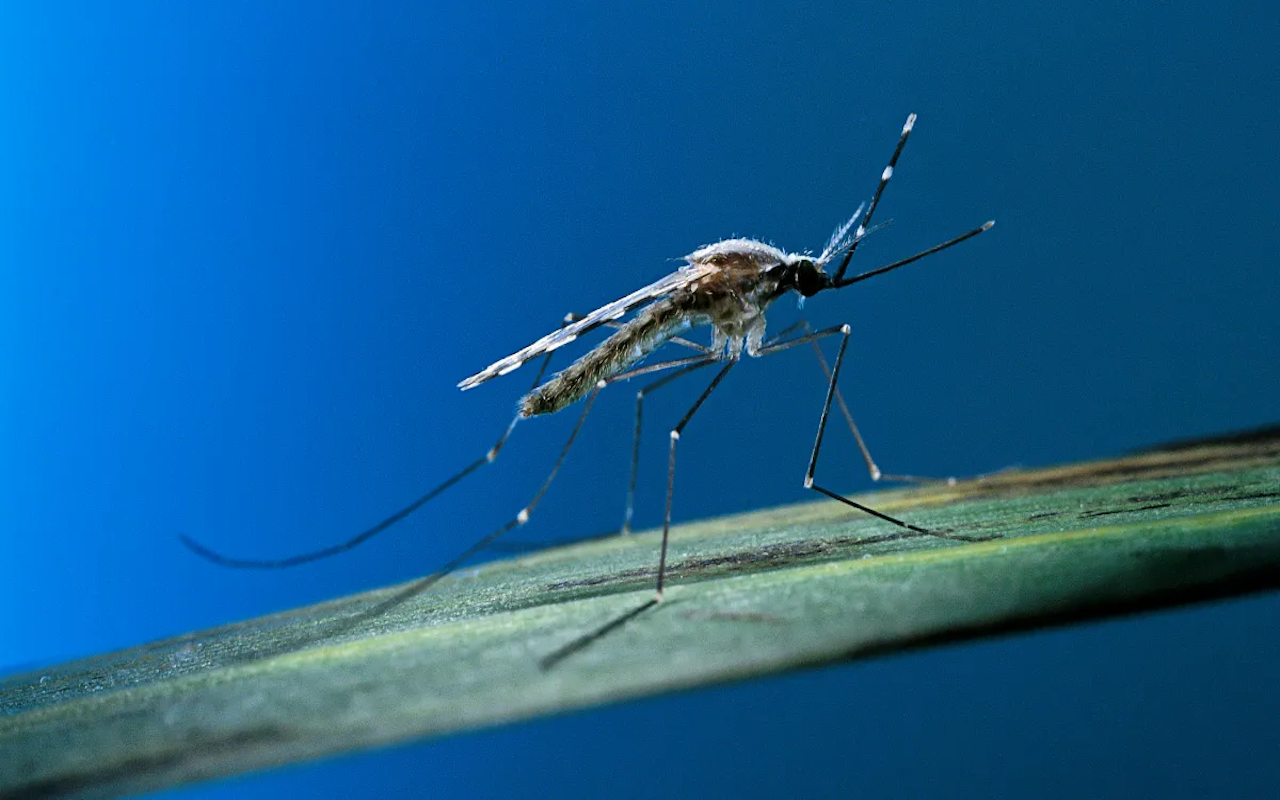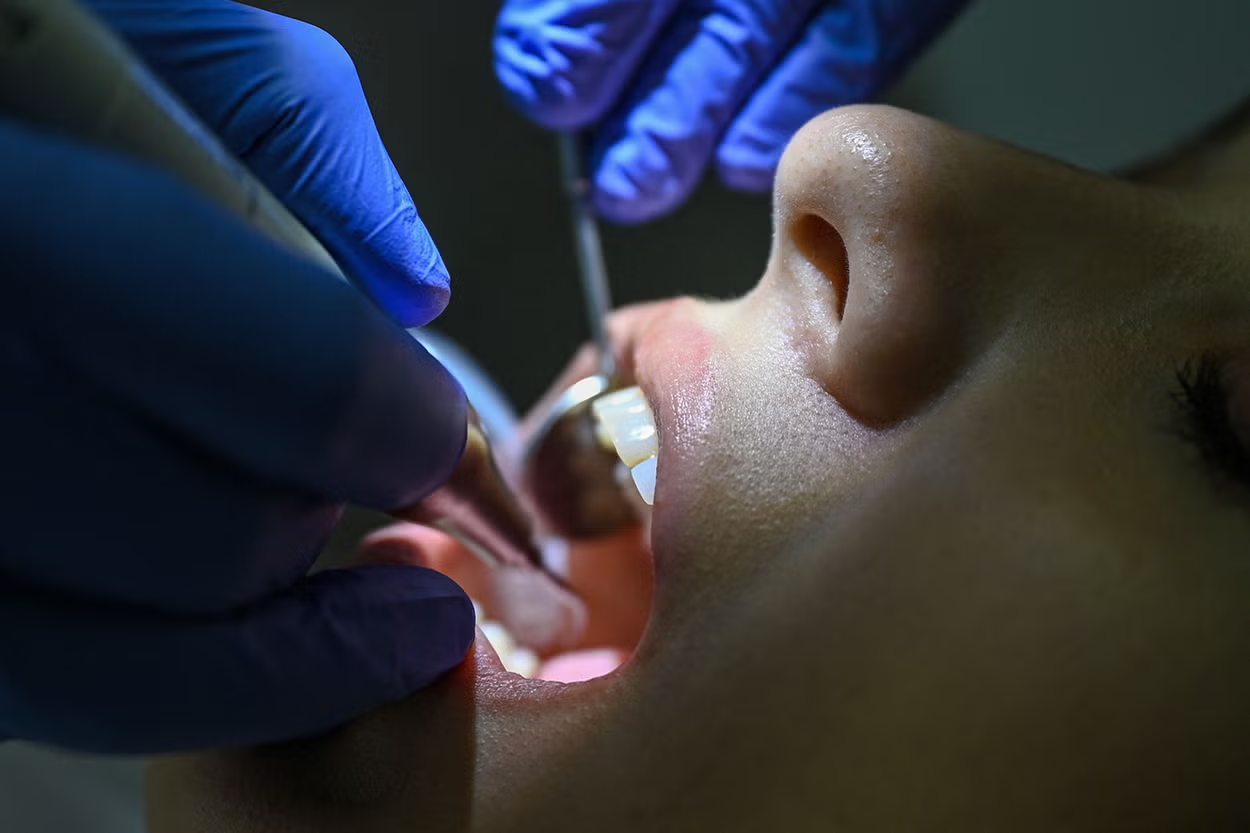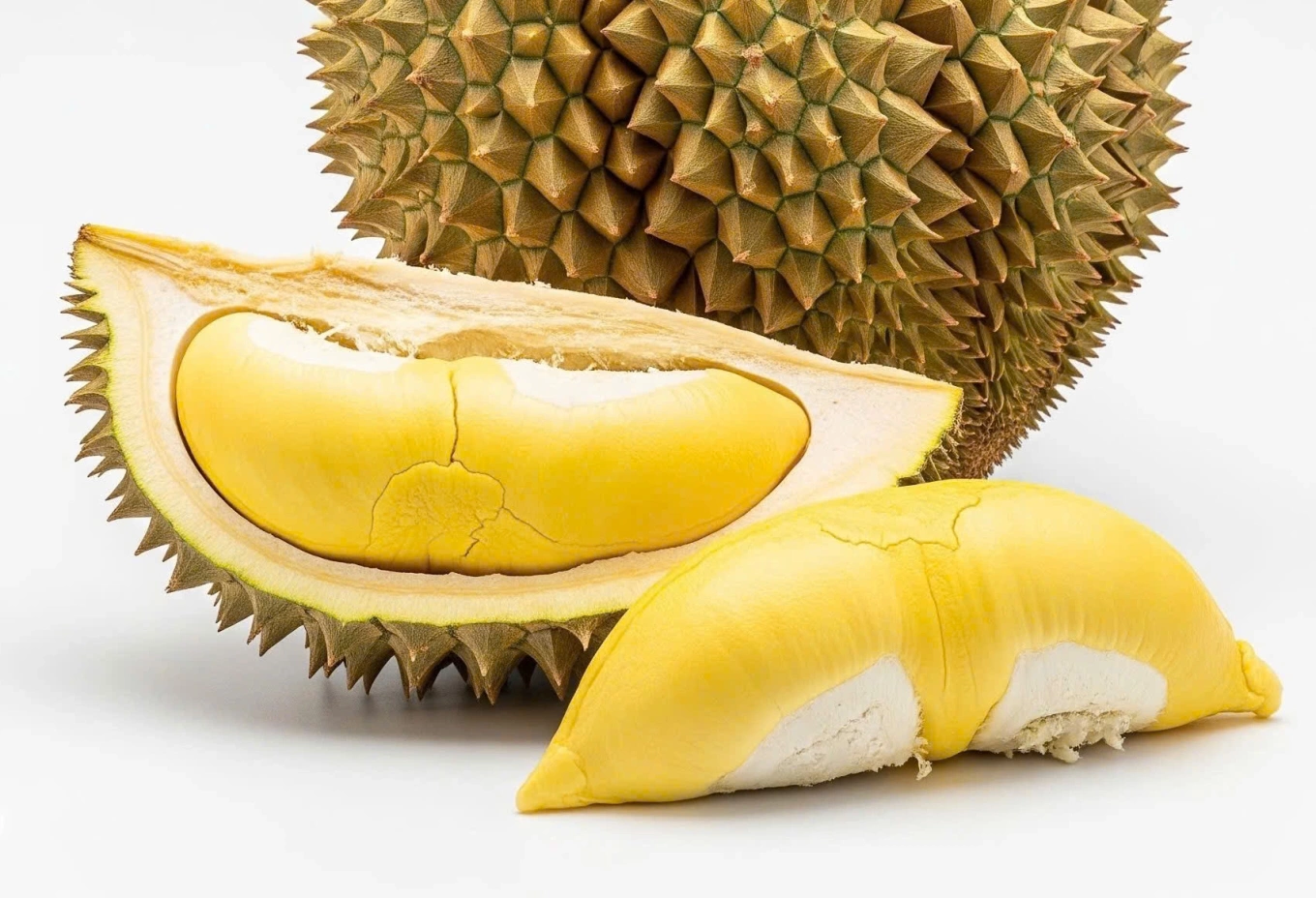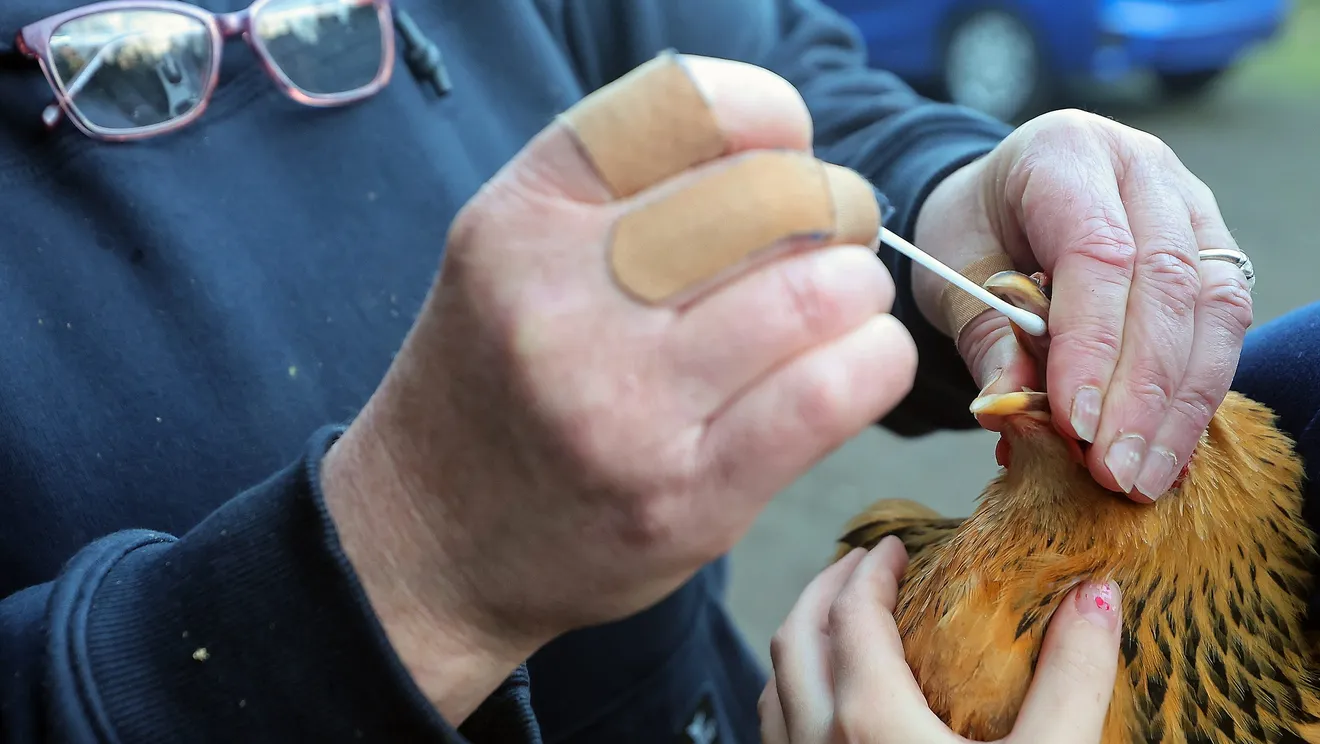New Pollen-Replacing Food Boosts Honey Bee Health
Scientists have announced a significant breakthrough in the effort to support honey bee populations: the development of a new artificial pollen substitute designed to sustain colonies indefinitely, even in the absence of natural pollen.
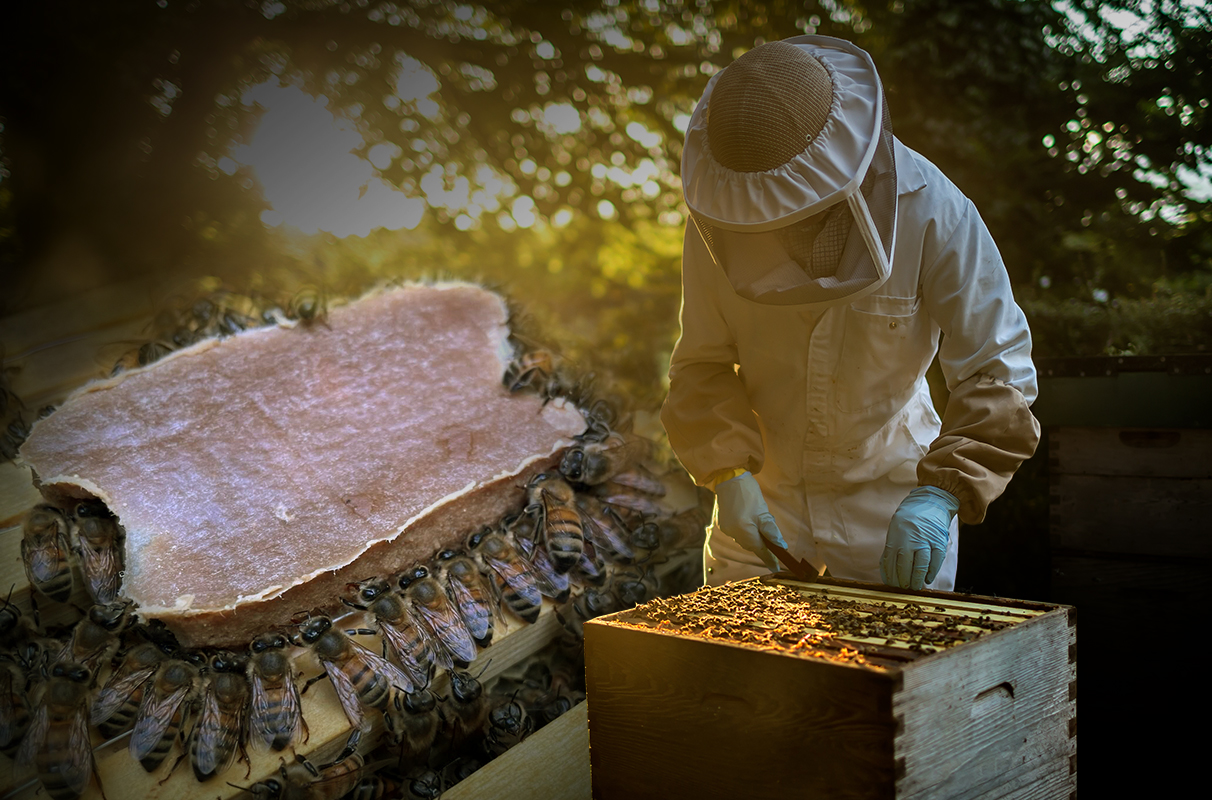
New Pollen-Replacing Food Boosts Honey Bee Health
This innovative bee food source has shown remarkable success in trials, offering new hope in the fight against escalating rates of colony collapse and the broader challenges facing bee health, which are critical for global pollination and food supplies.
The Vital Role of Pollination
Honey bees and other pollinators play an absolutely vital role in both natural ecosystems and global agriculture. They are essential for the reproduction of a vast number of flowering plants, including many of the crops that feed humanity.
It’s estimated that pollinators are responsible for one-third of the food we eat, contributing billions of dollars in value to agricultural production worldwide through their work in transferring pollen between plants, enabling fertilization and fruit or seed development. The health and survival of these pollinators, particularly managed honey bee colonies, are therefore directly linked to global food security.
The Challenge of Declining Natural Bee Nutrition
One of the growing challenges contributing to colony collapse and overall bee health decline is the lack of adequate and consistent nutrition in bees’ natural environment. As Brandon Hopkins, P.F. Thurber Endowed Distinguished Professor of Pollinator Ecology at Washington State University (WSU) and a co-author of the new research, explained, “Changes in land use, urban expansion, and extreme weather all negatively impact nutrition for honey bees and other pollinators.”
Honey bees are generalists in their foraging and require a variety of pollen sources to obtain all the essential nutrients they need to thrive. However, these factors make it increasingly difficult for colonies to find the continuous supply of diverse pollen necessary to sustain their health and growth.
Introducing a Novel Bee Food Source
The newly developed innovation is an artificial bee food source specifically formulated to replace the nutritional components that honey bees typically get from natural pollen.
Resembling the carefully balanced, man-made diets fed to livestock and pets throughout their lives, this product contains a comprehensive blend of all the known nutrients that honey bees require for health and development. The food source is described as resembling human “Power Bars” in appearance, designed for easy administration within the hive.
Administering the Food in Colonies
The method of providing this new pollen substitute to colonies is straightforward and designed to integrate into existing beekeeping practices. The “Power Bar”-like portions are placed directly into honey bee colonies. Inside the hive, the younger bees, often referred to as nurse bees, play a crucial role in processing this food.
They consume the food and then distribute the essential nutrients through feeding both to developing larvae and to adult bees within the colony, mimicking the way they would process and share natural pollen or “bee bread.”
Research Validation: Commercial Trial Success
The efficacy of this new pollen-replacing food has been validated through rigorous research and field trials. Published on April 16th in the journal Proceedings of the Royal Society B, the research details successful trials conducted in commercial crop pollination settings in Washington state.
These trials involved nutritionally stressed colonies, a common issue for bees deployed for large-scale agricultural pollination. The results showed that these colonies not only survived but thrived when fed the new pollen substitute, demonstrating its ability to effectively support bee health even under challenging real-world conditions.
A First for Livestock Nutrition
Dr. Patrick Pilkington, CEO of APIX Biosciences US (one of the key partners in the research), emphasized the groundbreaking nature of this development by drawing a comparison to other domesticated animals. “Until this study, honey bees were the only livestock that could not be maintained on a man-made feed,” Pilkington stated.
He highlighted that the scientific work reported shows, in commercial field conditions, that providing nutritionally stressed colonies with their pollen-replacing feed results in a “major measurable step change in colony health” compared to current best practices used by beekeepers. This product, he believes, has the potential to fundamentally change the way honey bees are managed globally.
Key Nutrient Discoveries: Isofocusosterol
A critical discovery made during the decade-long research effort was the vital role of isofucosterol. This molecule, found naturally in pollen, acts as a crucial nutrient for honey bees. The research demonstrated that colonies fed with the new food source enriched with isofucosterol were able to survive an entire season without access to natural pollen.
In contrast, colonies that were given food lacking this essential molecule experienced severe declines, including reduced larval production (which impacts future bee populations within the hive), adult paralysis, and ultimately, colony collapse. This finding underscores that the new feed is not just a simple protein or sugar supplement but a complete nutritional replacement containing key molecules vital for honey bee survival and development.
A Collaborative Scientific Effort
The development and testing of this artificial pollen-replacing food was the result of an extensive and long-term collaborative effort spanning over a decade. Thierry Bogaert, lead author of the research paper and chairman of APIX Biosciences, described it as a “herculean scientific effort of three teams.”
These teams included the founders and scientists of APIX Biosciences, who spent more than 10 years testing thousands of combinations of ingredients to formulate the feed; the WSU team, contributing their leading expertise in honey bee biology and field research; and crucially, leading beekeepers in California together with extension teams, who made large-scale, science-based field testing of the feeds possible. Paper co-author Anne Marie Fauvel managed the coordination of this third, vital field testing aspect.
Potential Impact on Bee Health and Survival
The availability of a reliable, nutritionally complete pollen substitute has the potential for significant positive impacts on bee health and colony survival. It provides beekeepers with a tool to effectively combat nutritional stress during periods when natural pollen is scarce due to weather, seasonal changes, or environmental degradation.
By ensuring colonies receive consistent, complete nutrition, this new bee food can help improve the overall vitality of hives, increase larval production, support stronger adult bees, and potentially lead to a measurable reduction in the rates of colony collapse, helping to build more resilient honey bee populations.
Significance for Global Food Security
Ultimately, the success of this research and the potential widespread adoption of the new pollen-replacing food have significant implications for global food security. Healthier, more resilient honey bee colonies are better equipped to provide essential pollination services for agricultural crops.
By addressing a key factor in bee health decline, this innovation can help stabilize and potentially increase the effectiveness of managed honey bee populations used in commercial pollination, thereby safeguarding the production of a wide variety of fruits, vegetables, nuts, and other crops that rely on their vital work.
Towards Commercial Application
With the research demonstrating the effectiveness of this artificial pollen substitute in commercial field conditions, the next step will likely involve scaling up production and making the bee food commercially available to beekeepers. The involvement of APIX Biosciences, a biotech company, in the development suggests a clear pathway towards bringing this innovation to market, providing beekeepers with a powerful new tool for managing the health and survival of their colonies.
New Hope for Honey Bees
The unveiling of a new artificial pollen-replacing food source for honey bees, validated by extensive research and successful commercial field trials conducted by WSU and APIX Biosciences, represents a major breakthrough in bee health. This innovation, the first of its kind capable of sustaining colonies indefinitely without natural pollen, directly addresses the growing challenge of inadequate nutrition facing honey bees.
By providing a complete, reliable pollen substitute that includes vital nutrients like isofucosterol, this bee food offers new hope for combating colony collapse, improving bee health, and ultimately safeguarding the crucial pollination services that underpin global food security. The collaborative “herculean scientific effort” behind this research highlights the dedication to finding solutions for the challenges facing these essential pollinators.
